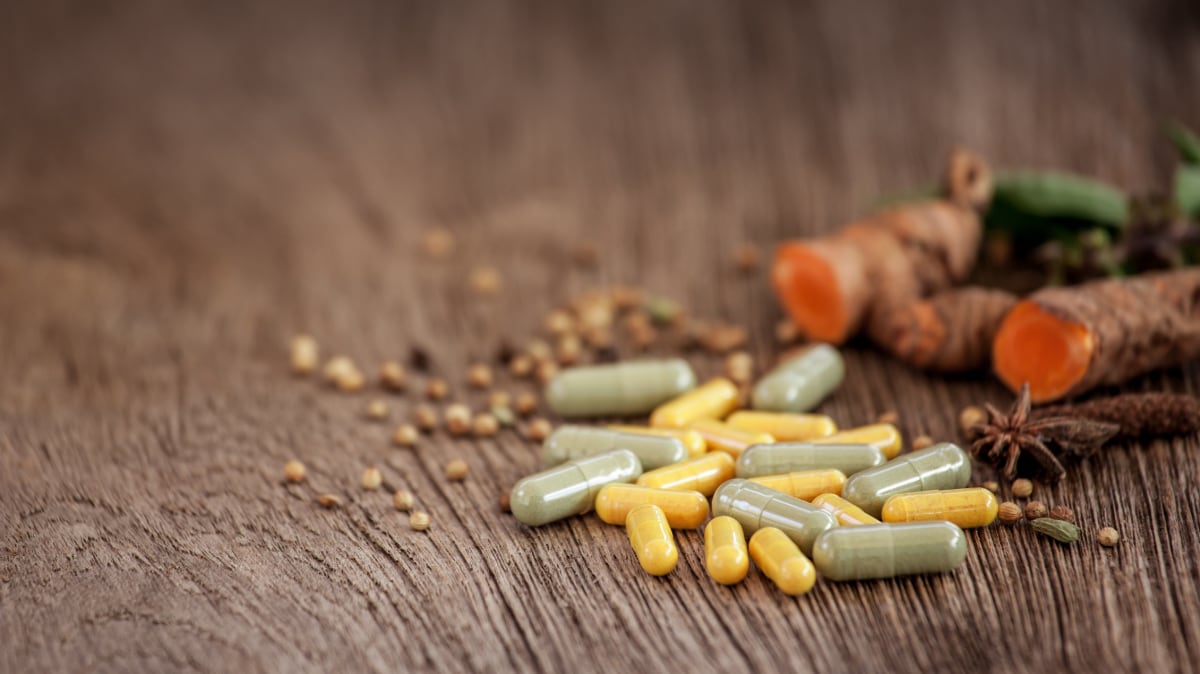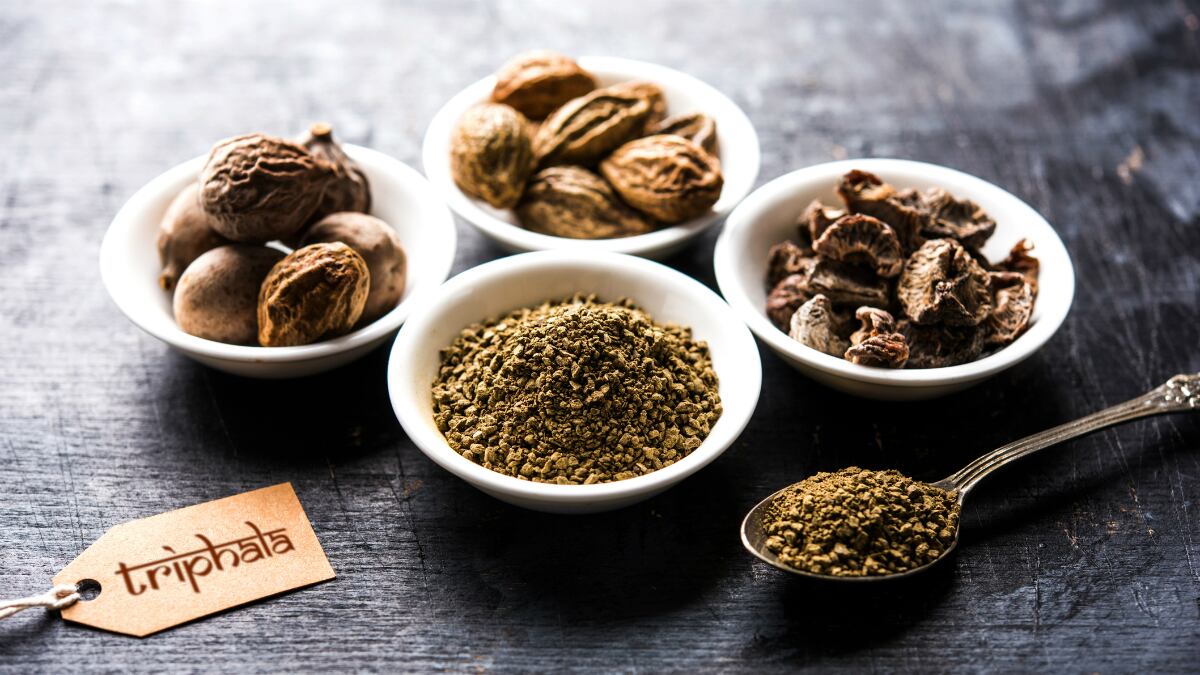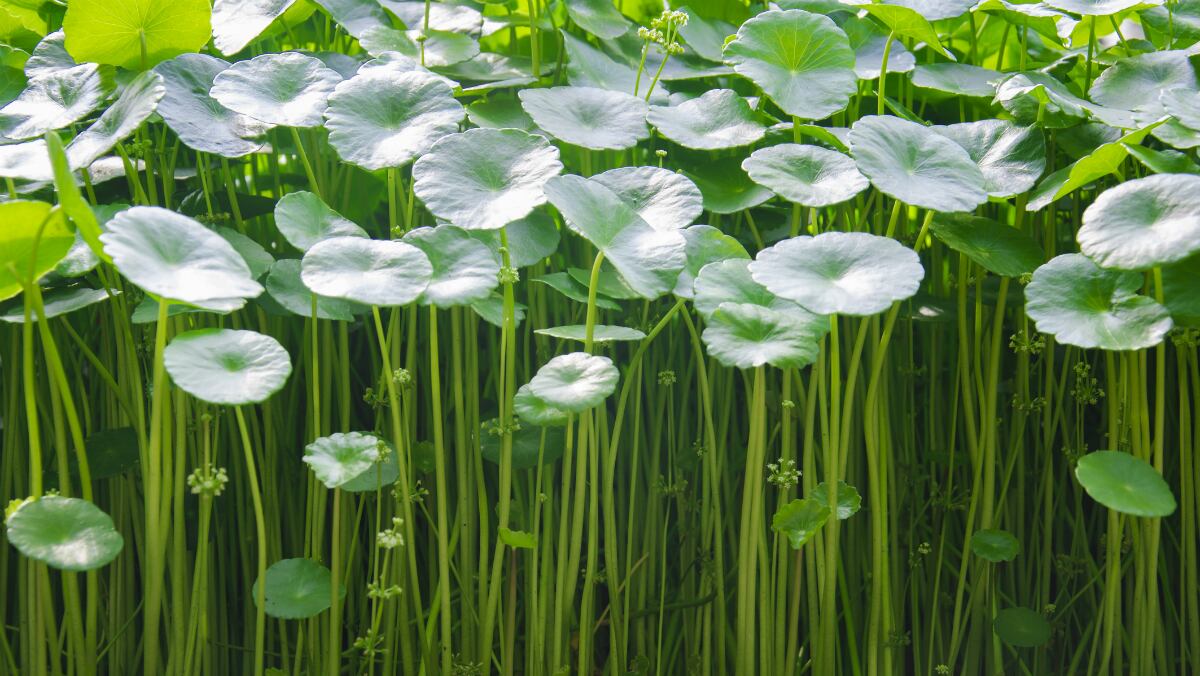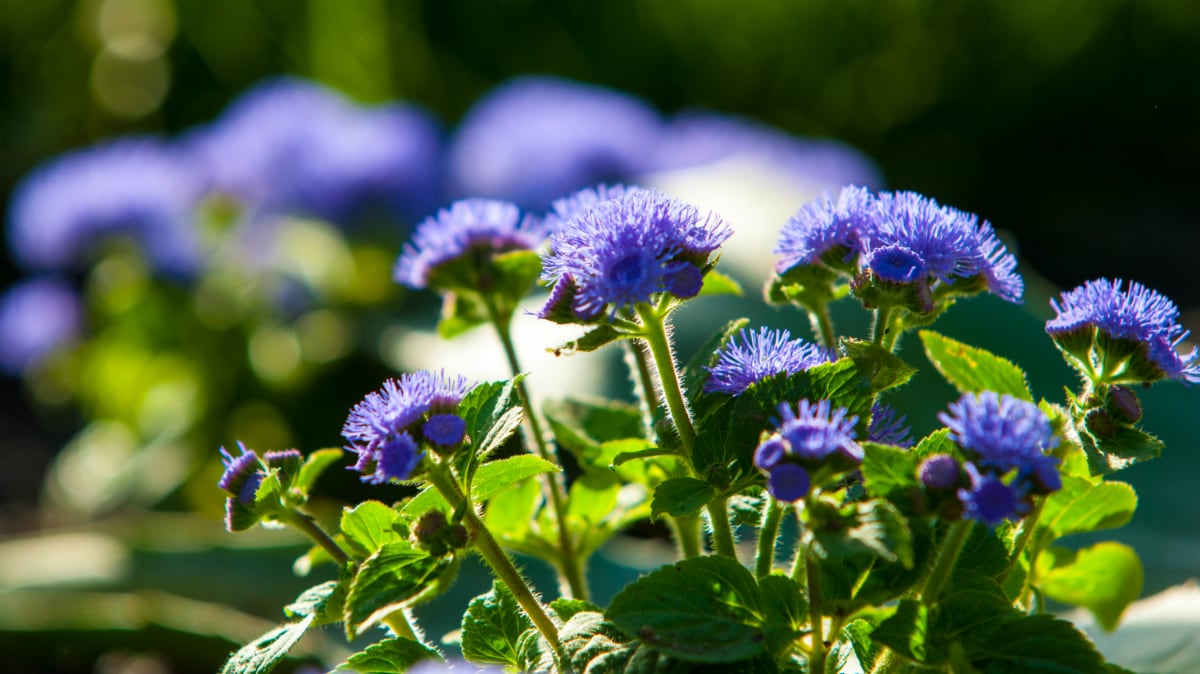Speaking to NutraIngredients-Asia, Sami-Sabinsa Group's executive VP of R&D and senior advisor Dr Sankaran Natarajan emphasised the importance of minimising wastage, saying that natural herbal resources were "dwindling fast" and that as such, manufacturers should pay attention to the materials that remain after they have extracted the main product.
This would provide them with the scientific knowledge and resources needed to isolate new active products, test them, and introduce them to market.
He added: “This way, they can not only reduce the wastage of natural resources, but also possibly lower the prices of their products.
This is particularly important for companies that deal in botanical extracts, as a lot of raw material is typically needed to obtain a small amount of extract. For instance, 1,000kg of turmeric is needed to obtain only 24kg of curcumin.
Indeed, there have been issues with demand for ayurvedic herbs affecting the quality and sustainability of the raw materials from which they are harvested, such as in the case of Indian frankincense or Boswellia serrata.
While authorities in India have restricted the amount of raw material that can be removed from forests for manufacturing, some companies have taken the initiative to find uses for by-products of raw materials to minimise wastage.
For instance, Indian ayurvedic supplement firm Kairali recycles all its organic waste for compost, which then goes back to the soil of its organic herb farm.
Other herbal supplement brands, such as Aussie firm Pharma Botanica, have taken to relying on pure plant material as opposed to botanical extracts, a practice that results in far less wastage and higher quality finished products.
Natarajan said, “As Sami Labs is doing, other producers of herbal products must focus on setting up their own farms for their raw materials. By making serious efforts, they can have raw materials with assured quality.”
Standards and analyses
Natarajan, whose expertise includes synthetic and organic chemistry, natural product isolation and characterisation, development of analytical methods, and scaling up of products from lab to industrial level, said: “When we started working on herbal extracts, there was not much awareness of the importance of standardisation of the products.
“We have emphasised some science-based parameters to bring about standardisation in herbal extracts, in order to maintain quality throughout their shelf life. For instance, we have isolated various marker compounds from natural sources for use as reference standards.”
Elaborating on the how best to ensure the safety, efficacy and quality of nutraceutical ingredients, he said, “The products must have undergone several modern analytical methods.
“Each of the methods we use measures the amount of the active ingredients in the batch samples, and gives an assurance as to the limited presence of heavy metals and pesticide residues to qualify for pharmacopeia-grade use.
“We treat all our nutraceutical products on par with pharmaceutical products, so the development and use of modern analytical methods are necessities for our business.”
Niche appeal
Another important thing other herbal supplement makers in the APAC market often neglected, he said, was to take into consideration niche groups and specific market segments.
“Manufacturers in the APAC space must to cater to the needs of and seek to gain approval from ethnic and religious groups, such as Halal, Kosher and similar international organizations, by having their production units inspected and certified.”
This would eventually broaden their appeal and allow them to break into new markets.
Natarajan, who was recently honoured by the Indian Association for the Study of Traditional Asian Medicine (IASTAM) with the Shri Gopaldas Parikh Award for Contributions to Drug Development, has been with Sami-Sabinsa since 1996.
He worked closely with company founder, Dr Muhammed Majeed, in establishing the company’s R&D division in 1998, and has played a major role in developing many of Sabinsa’s nutraceutical and cosmeceutical ingredient products.




